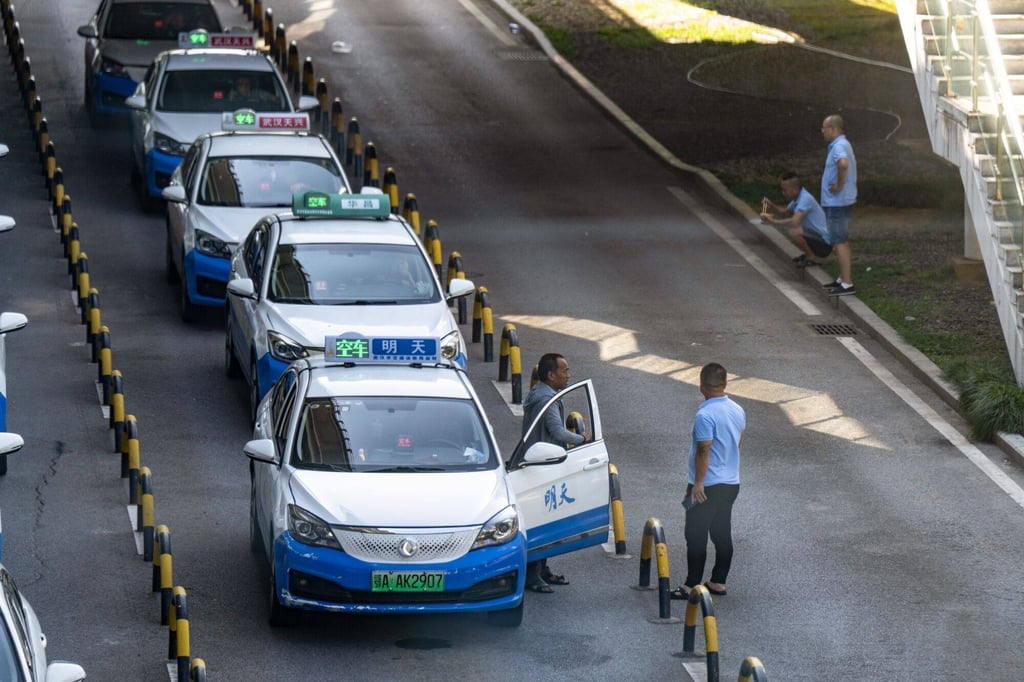Joe Biden touts policies for US middle class, says Chinese economic dominance not assured – Technologist
“When I came to office, the conventional wisdom was that China would inevitably surpass the United States,” he said. “No one’s saying that now.”
Trump in the 2016 campaign made China’s trade surplus with the US and accusations that Beijing deliberately sought to hollow out America’s manufacturing base a central part of his messaging.
Keeping with a populist, pro-union message, Biden reiterated a claim that nearly 800,000 new manufacturing jobs have been created in America since he took office.
According to PolitiFact, a non-partisan fact-checking website, the number is largely accurate, but should take into account that “the first three-quarters of those job gains” represented a return to levels immediately before the Covid-19 pandemic.
“With every new job, with every new factory, pride and hope is being brought back to communities throughout the country that were left behind,” he told the cheering crowd. “Now you’re back once again, proving that Wall Street didn’t build America. The middle class built America and … unions built the middle class.”
“How can we be the strongest nation in the world without leading the world in science and technology. After years of importing 90 per cent of our semiconductor chips from abroad … private companies from around the world are now investing literally tens of billions of dollars to build new chip factories right here in America,” Biden said in his speech.
Taken together, these efforts amount to “a real experiment in trying to slow China’s access to emerging American technologies”, said Dennis Wilder of the Initiative for US-China Dialogue on Global Issues at Georgetown University.

However, Wilder noted, the 100 per cent tariff on Chinese EVs and other efforts to completely block Chinese products “is beyond what’s called for”.
“I’m unsympathetic to huge American auto companies who have had every opportunity to get in this game, and if they want to get in this game, I think joint ventures are a great idea,” Wilder added.
While Biden spent much of his time drawing distinctions with Trump on abortion, racial animosity and other domestic cultural issues, on the foreign policy front, he suggested that their differences on foreign policy brought Nato back from the brink of extinction.
“When Trump left office, Europe and Nato were in tatters. [Trump’s] ‘America First’ doctrine changed our whole image in the world,” Biden told the crowd in Chicago, adding that he spent some 190 hours during the early part of his administration working with European leaders to strengthen the defence bloc.

Biden also accused the former president of kowtowing to Russian President Vladimir Putin, and said Harris would stick with his hardline stance against the Kremlin’s war on neighbouring Ukraine, now in its third year.
The president has been one of the world’s strongest proponents for the defence of Ukraine, and worked with US lawmakers to get an aid package worth some US$60 billion dollars for the country passed earlier this year.
“Just as no commander-in-chief should ever bow down to dictators the way Trump bows down to Putin, I never have and I promise you Kamala Harris will never do it.”

/cloudfront-eu-central-1.images.arcpublishing.com/prisa/U47VQFQW4FGCBFYMTUPCMC5PKE.jpg)
